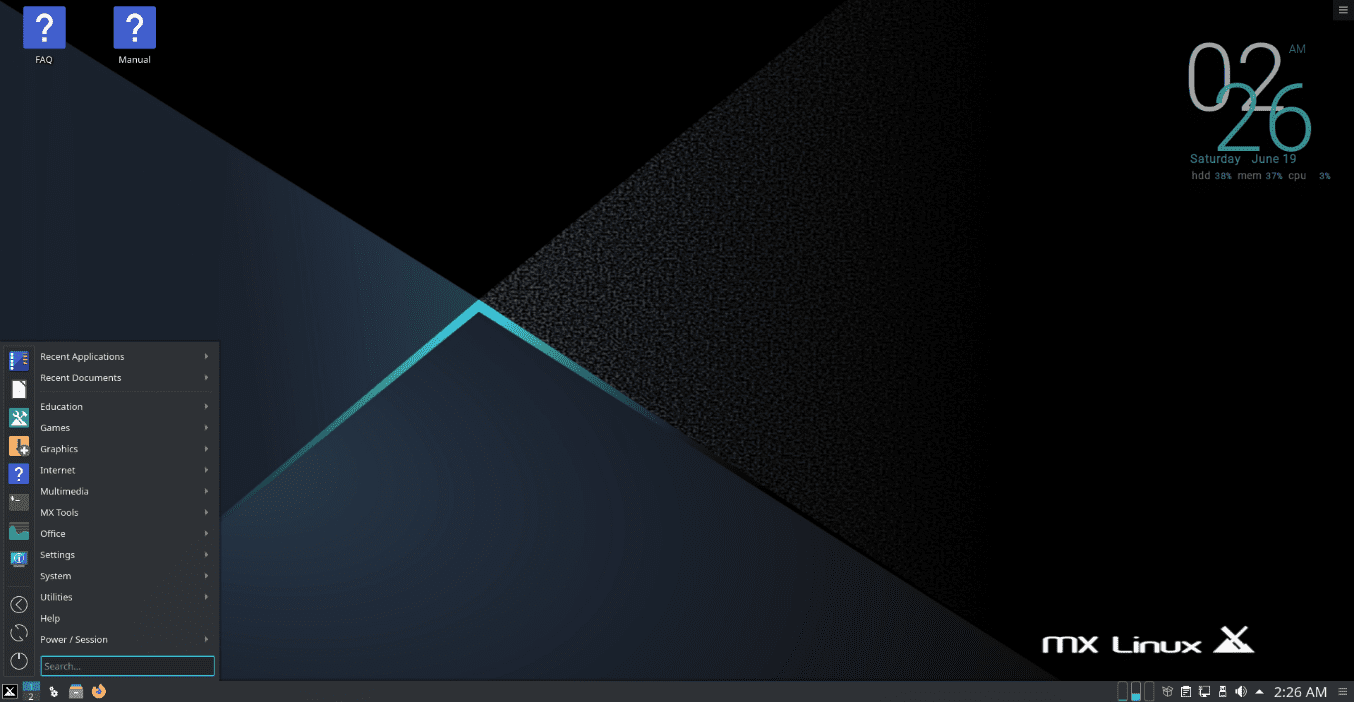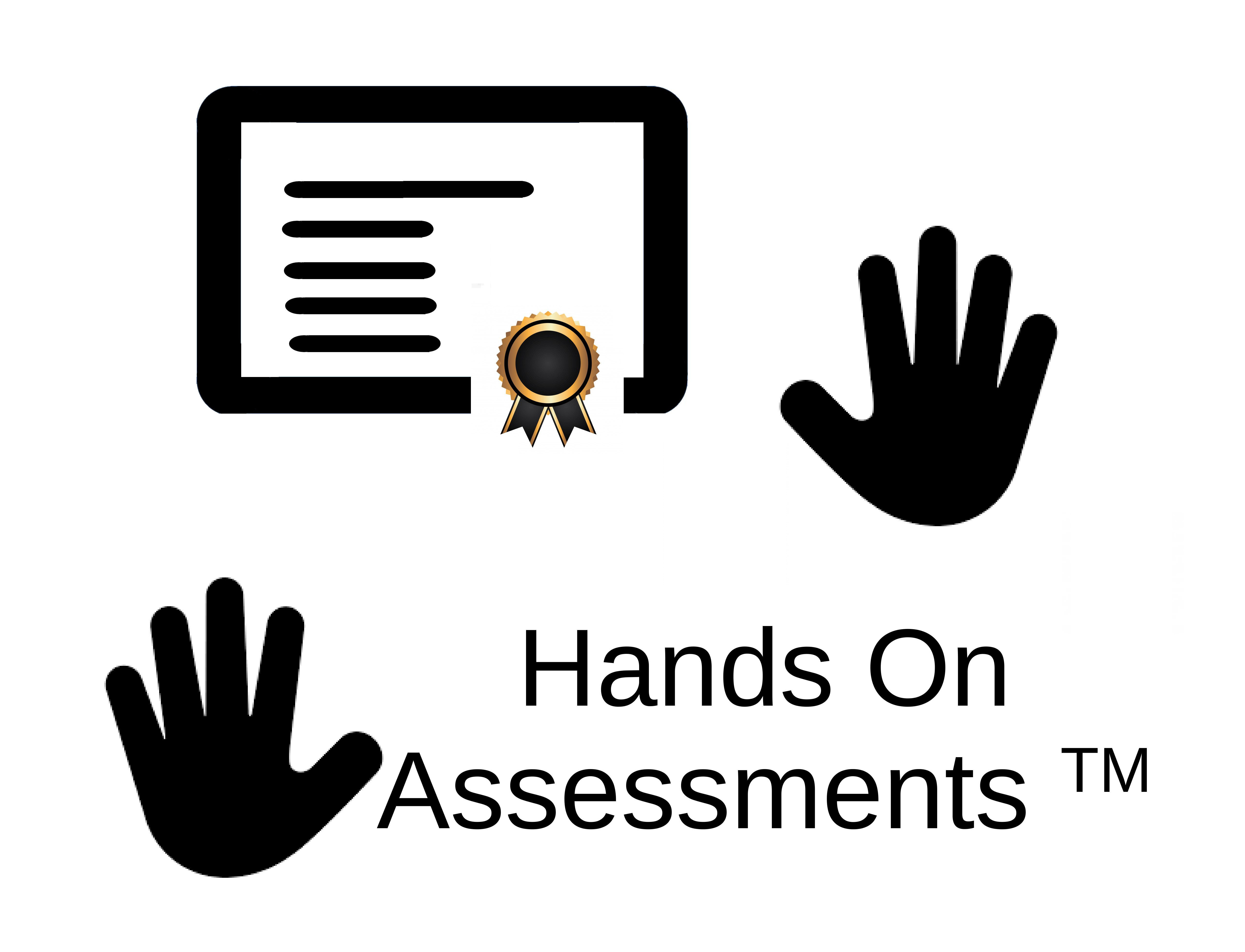

By : The Training Company TM
Short course, assessment, exam and certification.
Anyone new to cyber security who needs an introduction to security fundamentals
Non-IT security managers
Professionals with basic computer and technical knowledge
Career changers to cyber security
Managers, information security officers, and system administrators
Anyone who writes, implements, or must adhere to an enterprise security policy
To determine if this course course is right for you, ask yourself five simple questions:
Are you new to cyber security and in need of an introduction to the fundamentals?
Are you bombarded with complex technical security terms that you don't understand?
Do you need to be conversant in basic security concepts, principles, and terms, but do not need extreme details?
Have you decided to make a career change to take advantage of the job opportunities in cyber security and need some kind of training and certification to show the potential employers.
Are you a manager who lays awake at night worrying that your company may be the next major data breach headline story in the news?
If you answer yes to any of these questions, the This course: Introduction to Cyber Security training course is for you. Jump-start your security knowledge by receiving insight and instruction from real-world security experts on critical introductory topics that are fundamental to cyber security.
This 2 month comprehensive course covers everything from core terminology to the how computers and networks function, security policies, risk management, a new way of looking at passwords, cryptographic principles, network attacks & malware, wireless security, firewalls and many other security technologies, web & browser security, backups, virtual machines & cloud computing. All topics are covered at an easy to understand introductory level.
This course is for those who have very little knowledge of computers & technology with no prior knowledge of cyber security. The hands-on, step-by-step teaching approach enables you to grasp all the information presented, even if some of the topics are new to you. You'll learn real-world cyber security fundamentals to serve as the foundation of your career skills and knowledge for years to come.
Written by a cyber security professional with over 30 years of industry experience in both the public and private sectors, This course provides uncompromising real-world insight from start to finish.
 Boosting
your technical skills by understanding the world of cyber security
and how it applies to your business and job role, or the career of
your dreams, is one of the many reasons to up-skill in this field.
All of the topics in our courses are based on the the skills that
employers are actively seeking within the cyber security sector.
Boosting
your technical skills by understanding the world of cyber security
and how it applies to your business and job role, or the career of
your dreams, is one of the many reasons to up-skill in this field.
All of the topics in our courses are based on the the skills that
employers are actively seeking within the cyber security sector.
Learning these new skills that can be applied directly to real-world scenarios will enhance your employ-ability. Not only will you enhance your practical application of cyber security, but you’ll have a credible qualification totally focused on cyber security, demonstrating that you see the value of cyber security for your sector. It also makes you an attractive candidate for developing, managing and planning cyber security solutions in your role, business or sector.
 Our
courses are available in distance learning, online, classroom and on
premises formats. This allows you to learn whenever suits you best,
wherever you are in the world. This allows you to fit your study
flexibly around your work commitments and personal responsibilities,
whether that is family and hobbies or activities that you complete in
your free time. Incorporating online study into your daily routine
allows you to study when you are most productive, whether that is
first thing in the morning before you start work, during a lunch
break, or after work.
Our
courses are available in distance learning, online, classroom and on
premises formats. This allows you to learn whenever suits you best,
wherever you are in the world. This allows you to fit your study
flexibly around your work commitments and personal responsibilities,
whether that is family and hobbies or activities that you complete in
your free time. Incorporating online study into your daily routine
allows you to study when you are most productive, whether that is
first thing in the morning before you start work, during a lunch
break, or after work.
Studying with us also means that you can continue in your current job role to simultaneously advance your practical and academic knowledge. This makes the learning material much more enjoyable and easier to comprehend as you can see first-hand the impact that you are making in the workplace and in your online course.
 The
course curriculum as well as diverse and highly relevant, is taught
by computer scientists specifically for professionals who recognize
the importance of cyber security to their sector. This means that the
course content is presented at a level that encourages you to
critically engage in pushing the boundaries of best practice in your
industry and potentially changing the way you impact business
efficiencies in your sector.
The
course curriculum as well as diverse and highly relevant, is taught
by computer scientists specifically for professionals who recognize
the importance of cyber security to their sector. This means that the
course content is presented at a level that encourages you to
critically engage in pushing the boundaries of best practice in your
industry and potentially changing the way you impact business
efficiencies in your sector.
 Becoming
an expert in cyber security will enable you to challenge current ways
of working and change the way you perceive most things. Highlighting
yourself as someone who strives for positive change, as well as an
eagerness to learn the latest technologies could take you a long way
in your career.
Becoming
an expert in cyber security will enable you to challenge current ways
of working and change the way you perceive most things. Highlighting
yourself as someone who strives for positive change, as well as an
eagerness to learn the latest technologies could take you a long way
in your career.
 Studying
in a group allows you to grow your global network as you collaborate
with professionals living and working across the world. This happens
through live seminars, discussion forums, group projects and more.
Networking with people experiencing similar challenges across a
variety of industries across the globe enriches your experience and
gives you a deeper understanding of cyber security in your sector and
others too.
Studying
in a group allows you to grow your global network as you collaborate
with professionals living and working across the world. This happens
through live seminars, discussion forums, group projects and more.
Networking with people experiencing similar challenges across a
variety of industries across the globe enriches your experience and
gives you a deeper understanding of cyber security in your sector and
others too.
On an academic level, being able to discuss ideas with others can help you to understand and illustrate your work with examples. It also helps get experience in working with remote teams.
This course includes the MuftaSoft TM Information Security Fundamentals certification.
This certificate validates a practitioner's knowledge of security's foundation, computer functions and networking, introductory cryptography, and cybersecurity technologies. MuftaSoft certification holders will be able to demonstrate key concepts of information security including understanding the threats and risks to information and information resources and identifying best practices to protect them.
 Have
a Linux Desktop loaded with MX Linux.
Have
a Linux Desktop loaded with MX Linux.
Basic knowledge of computers.
Introduction to the following topics :
Cyber security terminology
Understanding Basic Security Frameworks
Fundamental frameworks, models, and approaches to cyber security including the CIA model.
Purpose of Cyber Security
Adversary Types
Vulnerability Types
Threat Types
Confidentiality Threat
Integrity Threat
Availability Threat
Fraud Threat
Testing for Vulnerabilities
Attacks
Brute Force vs. Heuristic Attacks
Cryptanalysis
Computer networks
Security policies
Incident response
Passwords
Cryptographic principles
Khawar Nehal’s 4 Layers of cybersecurity.
Physical security penetration testing
The Common Seven Layers Of Cybersecurity
Firewalls
Secure Configuration
User Access Control
Cybersecurity Administration
Malware Protection
System Safeguards
Network Defense
Patch Management
The need for cybersecurity
Attacks, concepts and techniques
Protecting your data and privacy
Protecting the organization
PCI-DSS, ISO-27001, NIST, SOC, SOX and HIPAA
Penetration Testing
Examining Cyber Threats More Closely
SQL/ Slammer Worm of 2003
Nachi Worm of 2003
Botnet Design
Botnet Arithmetic
Assets and Infrastructure
Calculating Risk
Making Security and Cost Decisions Based on Risk
Threat Trees and Completeness of Analysis
Threat Trees
Introducing Security Risk Analysis
Basic engineering and analysis methods for managing cyber security risk to valued assets.
Mapping Assets to Threats
Estimating Risk for Threat-Asset Pairs
Mapping Assets, Threats, Vulnerabilities, and Attacks
Communicate with confidence regarding information security topics, terms, and concepts
Understand and apply the Principles of Least Privilege
Understand and apply the Confidentiality, Integrity, and Availability for prioritization of critical security resources
Build better passwords that are more secure while also being easier to remember and type
Grasp basic cryptographic principles, processes, procedures, and applications
Understand how a computer works
Understand computer network basics
Have a fundamental grasp of any number of technical acronyms: TCP/IP, IP, TCP, UDP, MAC, ARP, NAT, ICMP, and DNS, and more.
Utilize built-in Linux tools to see your network settings
Recognize and be able to discuss various security technologies, including anti-malware, firewalls, intrusion detection systems, sniffers, ethical hacking, active defense, and threat hunting.
Understand wireless technologies including WiFi, Bluetooth, mobile phones and the Internet of Things (IoT)
Explain a variety of frequent attacks such as social engineering, drive-by downloads, watering hole attacks, lateral movement, and other attacks
Understand different types of malware
Understand browser security and the privacy issues associated with web browsing
Explain system hardening
Discuss system patching
Understand virtual machines and cloud computing
Understand backups and create a backup plan for your personal life that virtually guarantees you never have to pay ransom to access your data
Important! You need a computer configured to these requirements.
A properly configured system is required to fully participate in this course. If you do not carefully read and follow these instructions, you will likely leave the class unsatisfied because you will not be able to participate in hands-on exercises that are essential to this course. Therefore, we strongly urge you to arrive with a system meeting all the requirements specified for the course.
This course includes both lecture and hands-on labs. There are specific computer configuration requirements to perform hands-on labs. If you take This course live in the classroom, you utilize a classroom network to connect to a lab server. If you take This course online via OnDemand, you connect to the lab environment via the Internet. To accomplish this, you need the following:
A laptop running any distribution of Linux. MX Linux preferred.
We do not recommend attempting to perform the labs with a small computer like a Raspberry PI. Less than 4GB of RAM can cause slow performance.
Working internet connection to the computer.
Self Study : 40 hours.
Exams and assessments : 5 hours.
Assignments : 20 hours.
Online discussions : 10 hours.
The actual time required shall vary depending on the students methods of learning.
Time available to complete the course : 2 Months.
Course fees : LTC 3 ( USD 209 / PKR 42167 / NANO 163 )
Financial Aid available.
Group discounts available.
Includes :
 Access
to course material
Access
to course material
Assessments
Exams
Shareable certificate
Printed certificate
Resources for each topic of training that includes videos, and reading material.
Access to trainers to answer your questions via email, VoIP and video.
Graded assignments, Labs, Quizzes, Assessments, Vivas and Exams.
cybersecurity-course@atrc.net.pk
+92 343 270 2932